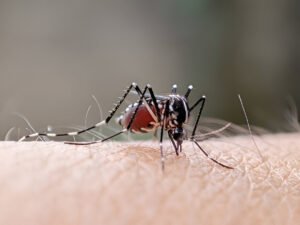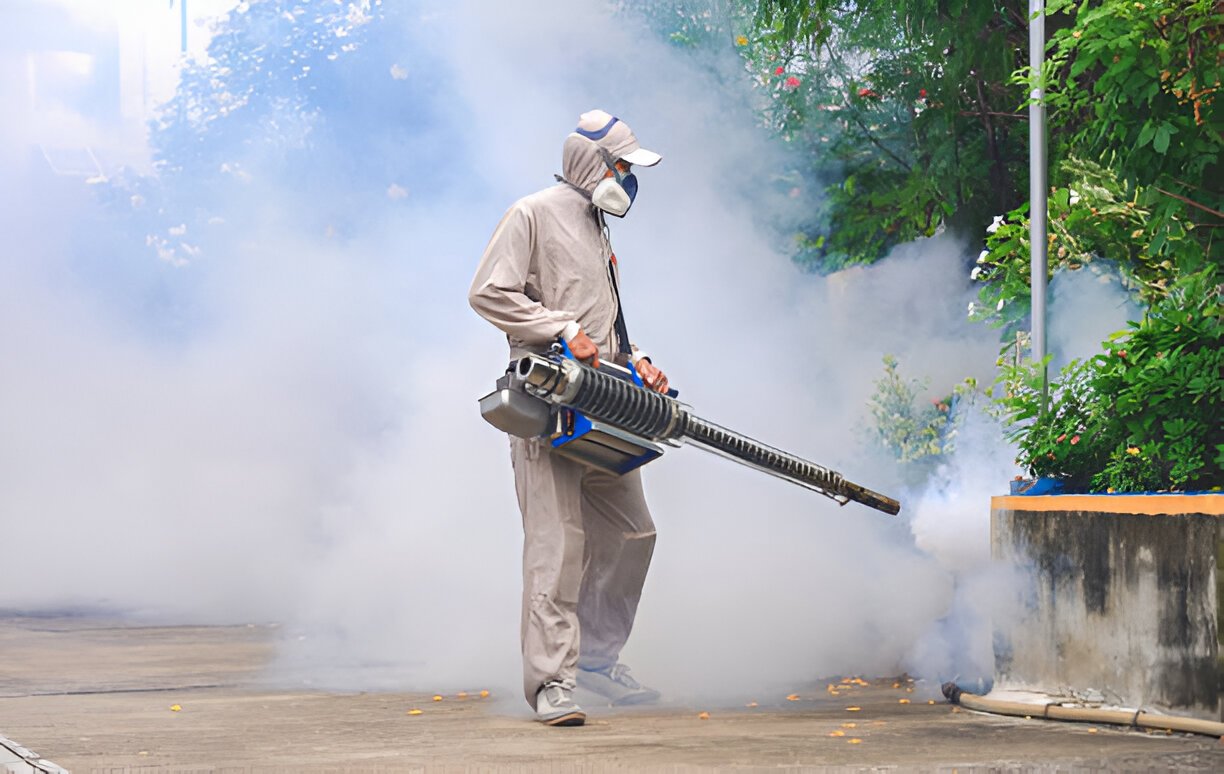Warmer weather brought on by the climate crisis enables mosquitoes that carry the virus to expand their reach.
The Caribbean and the Americas are grappling with an alarming surge in dengue fever deaths, exacerbated by the accelerating impacts of the climate crisis. Rising temperatures and shifting weather patterns have created ideal conditions for mosquito populations to thrive, triggering a public health emergency.
A virus that is spread by mosquitoes, dengue fever thrives in warm, humid regions. These conditions have gotten worse due to climate change, which has increased mosquito numbers and caused the disease to spread geographically. Outbreaks are now being reported in dengue-unaffected regions, underscoring the critical need for climate adaptation measures.
According to Dr. Maria Gutierrez, an epidemiologist in the Dominican Republic, “higher temperatures speed up the mosquito life cycle and virus replication.” “There are more mosquitoes and a higher risk of transmission as a result.”
Over two million cases of dengue fever have been reported in the Americas this year, with thousands of fatalities, according to the Pan American Health Organisation (PAHO). Among the hardest-hit nations are Brazil, Colombia, and the Dominican Republic, which are having difficulty controlling epidemics due to overburdened healthcare systems.
Hemorrhagic fever and other severe dengue cases are flooding Puerto Rico’s hospitals. San Juan Medical Centre physician Dr. Luis Morales said, “We’re witnessing unprecedented severity.” “This is a serious situation.”
Poor communities, the elderly, and children are disproportionately impacted. For these communities, the issue is made worse by a lack of access to clean water, healthcare, and mosquito control methods.
“The outbreak’s scope is overwhelming,” says Juan Perez, a Honduran public health official. “It is now practically impossible to anticipate or effectively manage these outbreaks due to climate change.”

The dengue crisis underscores the broader health risks posed by climate change. Experts warn that other vector-borne diseases, such as malaria and Zika, could see a resurgence as global temperatures continue to rise.
Advocate for immediate action and increase public awareness of the dengue issue. Spread the word about this article, back climate efforts, and advocate for improved public health systems. We can combat this lethal confluence of illness and climate change by working together.







